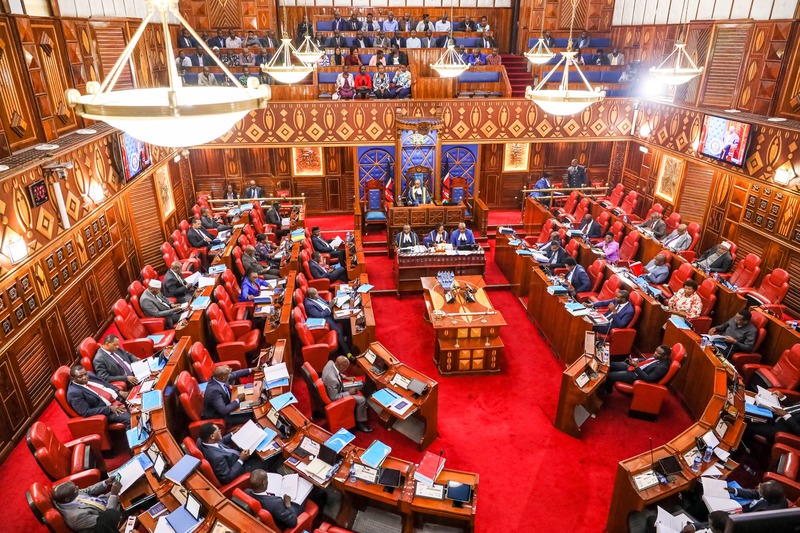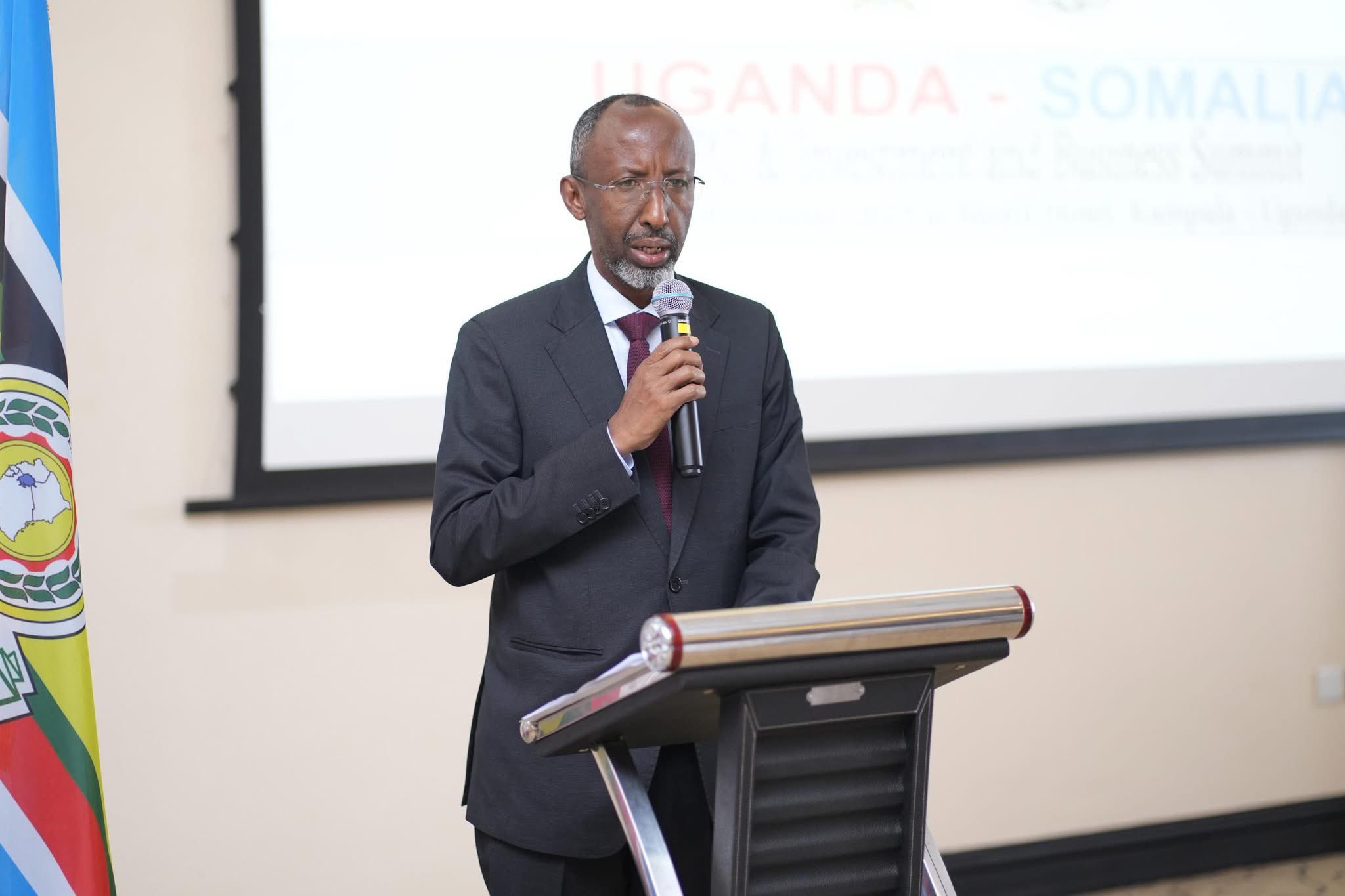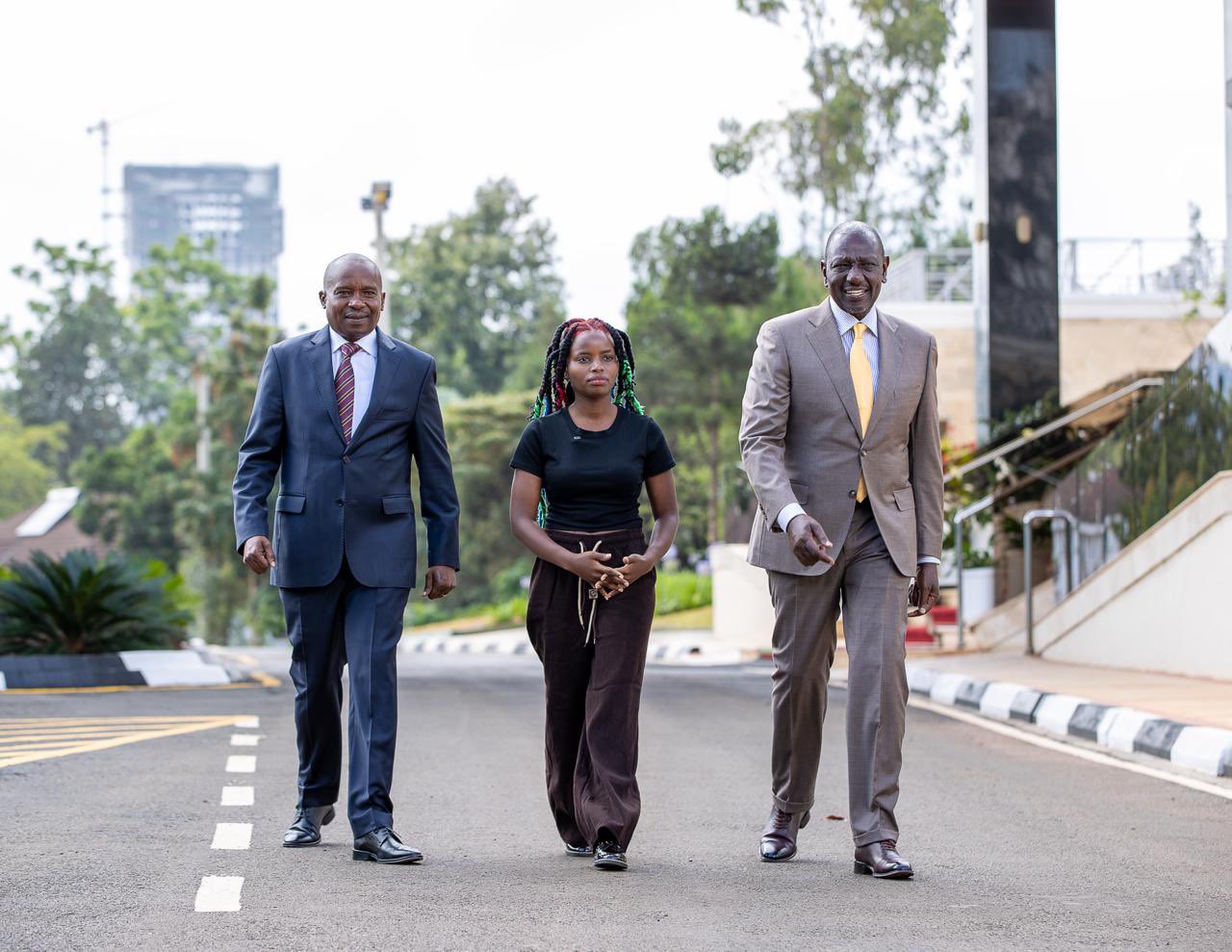New Bill aims to regulate transfer of govt functions

In 2020, the national government took over key roles of the Nairobi city county after former Governor Mike Sonko signed a deal with the national government.
Senators are taking decisive steps to regulate the transfer of functions between national and county governments with the introduction of the Intergovernmental Relations (Amendment) Bill, 2024.
The proposed legislation, currently under consideration in the Senate, outlines a rigorous framework aimed at preventing arbitrary takeovers of governmental responsibilities.
More To Read
- Senate targets KEMSA in plan to turn devolved institutions into executive agencies
- Senate convenes special sitting to hear Governor Nyaribo’s impeachment charges
- Senate summons Isiolo, Kericho governors for skipping audit hearings
- Governance Committee orders mandatory audit attendance for university heads
- Government to reunite 44,000 children in private orphanages with their families by 2032
- President Ruto to deliver State of the Nation address on November 20
It further seeks to ensure that any transfer of functions occurs only through a structured process that involves both levels of government.
The Bill specifies the roles of Parliament, the Senate, and county assemblies in the transfer and funding of these functions, effectively curtailing the previous practice where one government could unilaterally assume the duties of another without proper consultation.
"The principal objective of this Bill is to amend the provisions of the Intergovernmental Relations Act, 2012, to provide a comprehensive framework on the transfer of powers, functions, or competencies by either national or county governments," the Bill states.
It states that such transfers should only happen if the receiving government can effectively manage them. The new proposal mandates that any transfer must include adequate funding.
Specifically, the government transferring powers or functions is required to allocate the necessary financial resources to ensure the effective execution of the transferred responsibilities.
The Senate Devolution and Inter-governmental Relations Committee, chaired by Abbas Mohamed from Wajir, has already published the Bill for its first reading in the Senate.
Additionally, the bill outlines a clear process for county assemblies.
A county executive committee member must submit a transfer agreement to the respective county assembly, which then has 30 days to consider and either approve or reject the agreement by a majority vote.
If approved, the speaker of the county assembly must notify the Senate speaker within a week.
The Senate will then convene within 30 days to deliberate on the resolution. Both the county assembly and the Senate will retain oversight over any functions transferred.
The bill also addresses past incidents that raised concerns over transparency in government function transfers.
A notable case occurred in 2020 when the national government took over key roles of the Nairobi city county after former Governor Mike Sonko signed a deal with the national government. Health, transport, public works, planning, and auxiliary services were transferred in the deal criticised as opaque as it did not involve the participation of the public.
The functions were performed by the now-defunct Nairobi Metropolitan Services, a state body headed by Lt General Mohamed Badi.
Other Topics To Read
"The transfer of functions from one level of government to the other should be so elaborate and one that respects and recognises the important role of the county assembly and the Senate," the Bill reads.
For national government functions to be transferred to a county, a similar agreement must be submitted to the National Assembly, which has 30 days to consider the request while retaining oversight over the transferred functions.
This proposed legislation, guided by Article 187 of the constitution, aims to enhance accountability and clarity in the governance structure, ensuring that intergovernmental relations are conducted transparently and collaboratively.
Top Stories Today












































